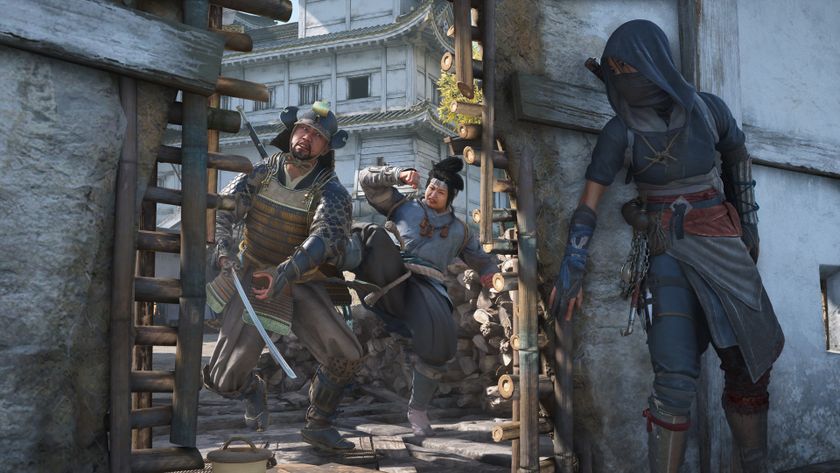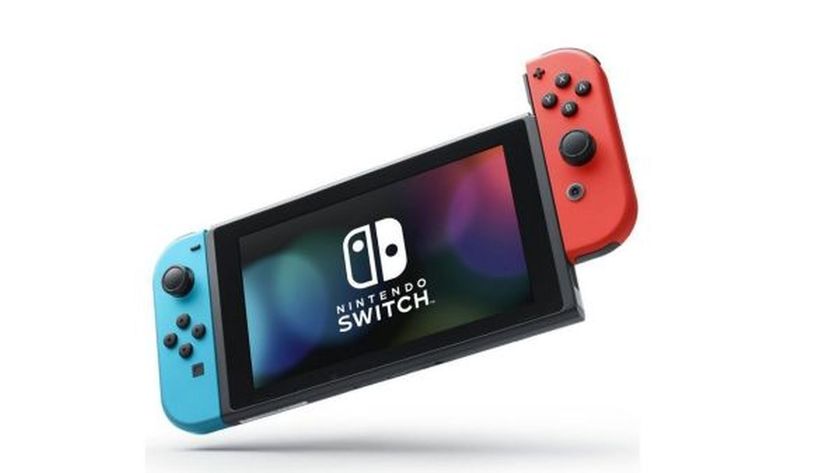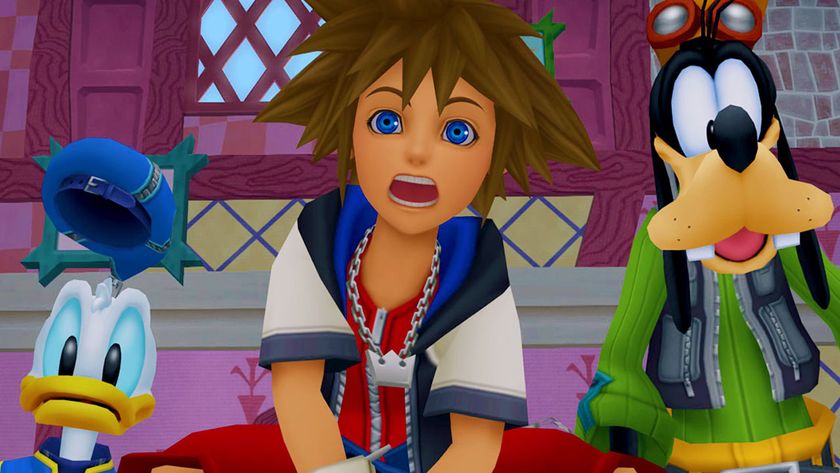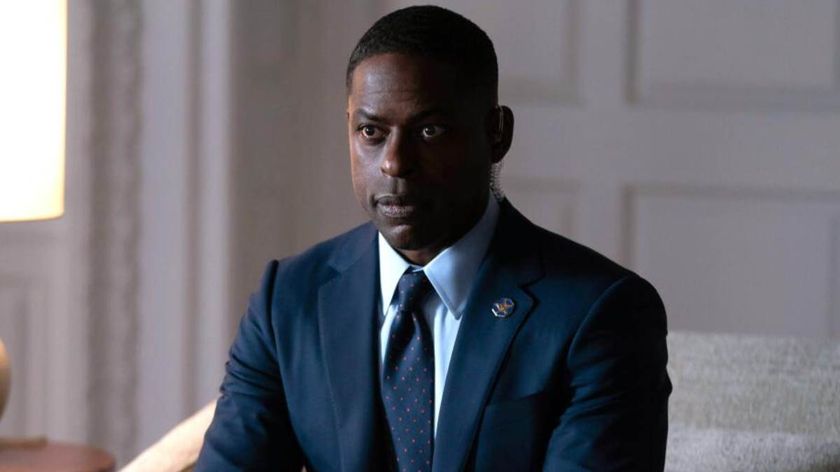Microsoft's Activision deal faces its biggest obstacle yet in FTC lawsuit
"Microsoft has already shown that it can and will withhold content from its gaming rivals," the FTC says

The US Federal Trade Commission is suing to block Microsoft's $69 billion acquisition of Activision Blizzard, alleging that the deal would "enable Microsoft to suppress competitors" and ultimately harm competition in the games industry.
The hotly anticipated decision was announced today, December 8, two weeks after reports indicating the FTC was considering an antitrust lawsuit, and right on the heels of more recent reports claiming the FTC actually appeared more likely to approve the deal than first expected, purportedly after a member of the commission panel had switched sides. Despite these reports, the panel voted 3-1 to issue a complaint, and the FTC has begun the process to formally challenge the deal in court.
"Microsoft has already shown that it can and will withhold content from its gaming rivals," Holly Vedova, director of the FTC’s Bureau of Competition, said in a statement. "Today we seek to stop Microsoft from gaining control over a leading independent game studio and using it to harm competition in multiple dynamic and fast-growing gaming markets."
Microsoft would have both the means and motive to harm competition
The Federal Trade Commission
In its complaint, the FTC highlights "Microsoft's record of acquiring and using valuable gaming content to suppress competition from rival consoles," pointing to its previous acquisition of Zenimax and Bethesda as a key example. Starfield and Redfall are called out as prominent titles which were confirmed to be Xbox console exclusives after the acquisition – "despite assurances [Microsoft] had given to European antitrust authorities," the FTC adds. In other words, Microsoft has shown that it will use acquisitions to secure big Xbox exclusives, and the FTC doesn't like that in the context of Activision Blizzard given the reach of its franchises.
The FTC stresses that Activision Blizzard's multiplatform history "could change" if the deal goes through. "With control over Activision’s blockbuster franchises, Microsoft would have both the means and motive to harm competition by manipulating Activision’s pricing, degrading Activision’s game quality or player experience on rival consoles and gaming services, changing the terms and timing of access to Activision’s content, or withholding content from competitors entirely, resulting in harm to consumers," it claims.
This loosely echoes several arguments raised by Sony in a rebuttal submitted as part of the UK Competition and Markets Authority's investigation of the deal. While the deal has been approved in several countries, including Brazil as of October, with the UK CMA unconvinced and the US FTC now taking Microsoft to court – but notably not federal court, nor with a preliminary injunction – the biggest acquisition in the history of the games industry is now facing considerable opposition in two major markets.
Microsoft vice chair and president Brad Smith was quick to issue a statement after the FTC's announcement: "We continue to believe that this deal will expand competition and create more opportunities for gamers and game developers. We have been committed since day one to addressing competition concerns, including by offering earlier this week proposed concessions to the FTC. While we believed in giving peace a chance, we have complete confidence in our case and welcome the opportunity to present our case in court."
Sign up to the 12DOVE Newsletter
Weekly digests, tales from the communities you love, and more
Microsoft communications lead Frank Shaw also shared a list of "commitments" the company has made regarding both the Zenimax and Activision deals, much of which cites quotes used in stories on IGN, the Wall Street Journal, Bloomberg, and other news outlets. The document reiterates recent and longstanding comments from various Microsoft executives, including Xbox boss Phil Spencer, regarding Call of Duty, which has become central to discussions and investigations into the deal.
Only weeks ago, Microsoft offered Sony a 10-year deal to keep Call of Duty on PlayStation. Just yesterday, Spencer confirmed that Microsoft has even extended the offer to Nintendo, seemingly as another way to demonstrate its willingness to keep Call of Duty on other platforms.
Call of Duty has no meaningful presence on Nintendo platforms as-is, and this deal has always been about Xbox and PlayStation, with Sony being the loudest naysayer, so this offer came out of nowhere and has been criticized by some as a performative move to claim openness without actually addressing sticking points like potential exclusive content and PlayStation Plus access compared to Xbox Game Pass. It's also worth remembering that Activision Blizzard represents far more than just Call of Duty, as the FTC notes in its complaint.
Even with the FTC moving to block the acquisition, Microsoft's Activision deal is not dead, though it is facing more and more regulatory scrutiny. This whole thing still has to go to court, for one; the FTC specifies it is "seeking to block" the deal, and no preliminary injunction has been filed to halt things immediately. Microsoft recently expressed its readiness to fight for the deal in court, and it looks like it's going to get its chance.
Gabe Newell says Valve doesn't need no stinkin' 10-year deal to keep Call of Duty on steam.

Austin has been a game journalist for 12 years, having freelanced for the likes of PC Gamer, Eurogamer, IGN, Sports Illustrated, and more while finishing his journalism degree. He's been with 12DOVE since 2019. They've yet to realize his position is a cover for his career-spanning Destiny column, and he's kept the ruse going with a lot of news and the occasional feature, all while playing as many roguelikes as possible.










